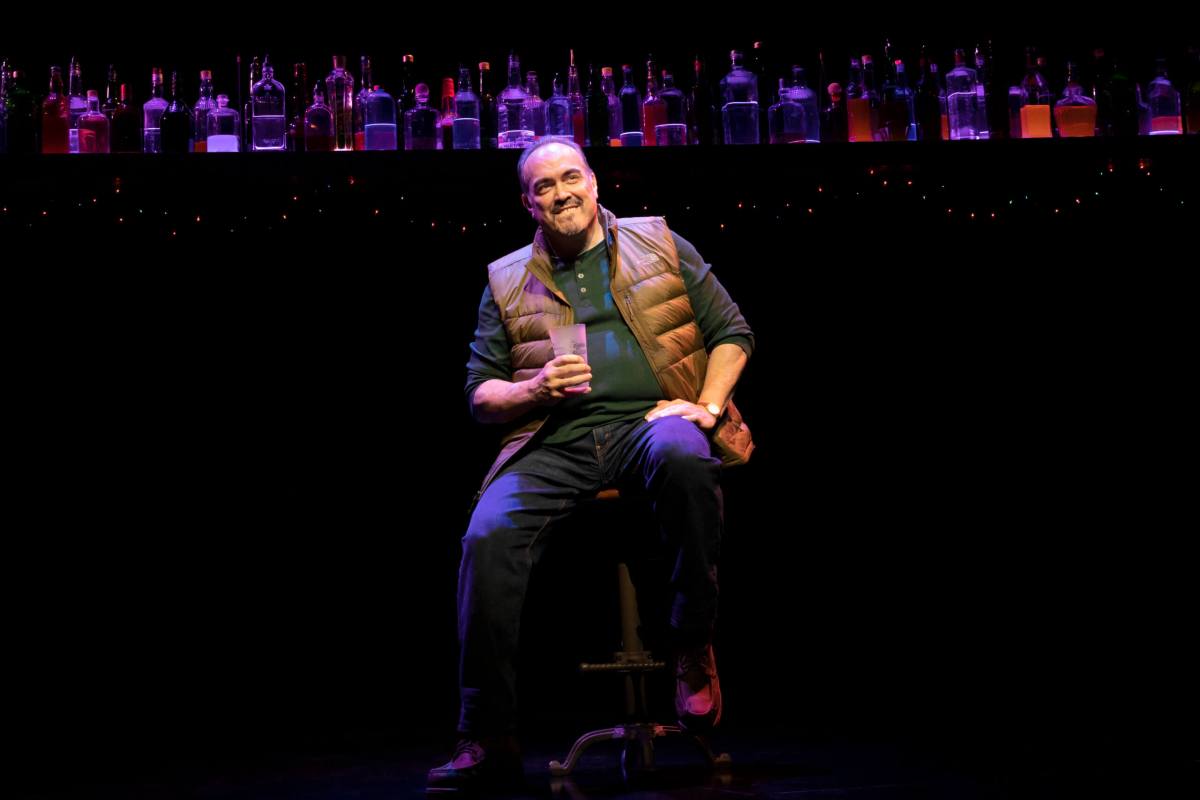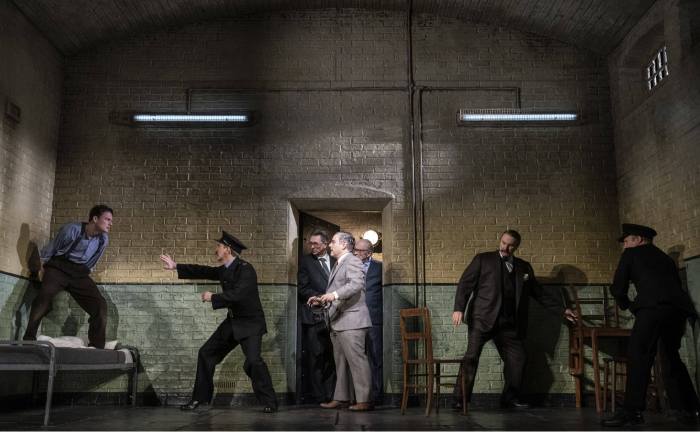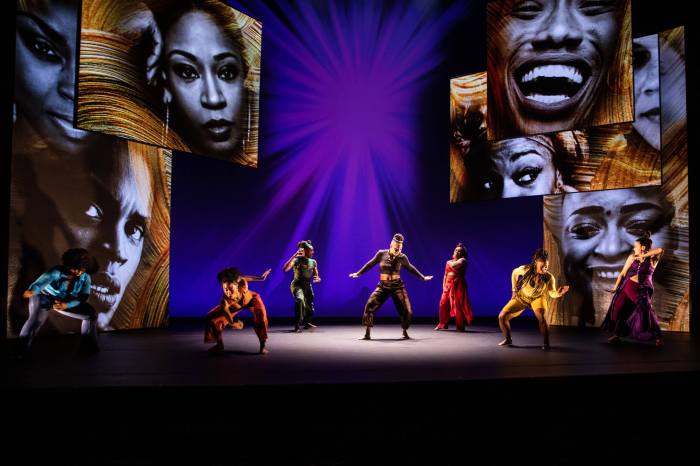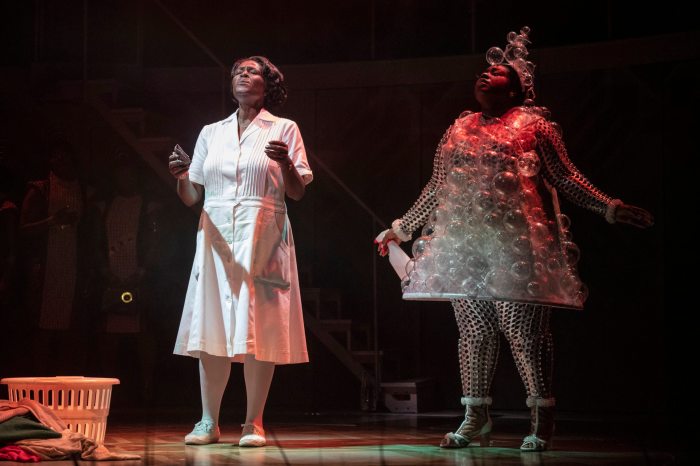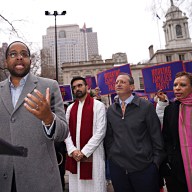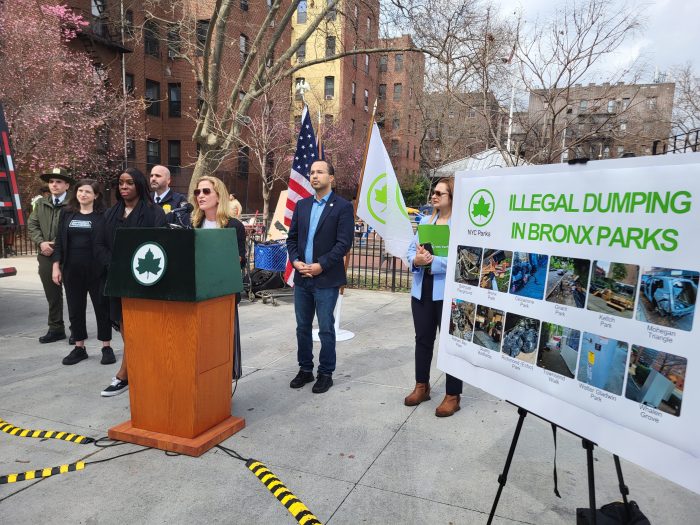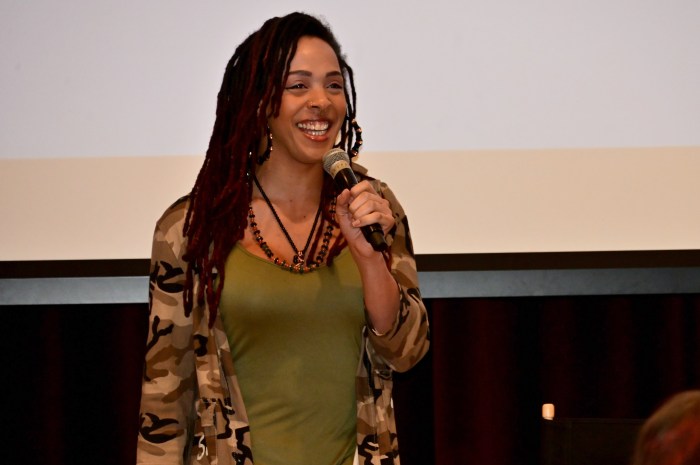Whereas financial organizations traditionally equate the “cost of living” with the minimum expenses necessary to sustain a basic standard of living in a particular place and time, in Martyna Majok’s empathetic and absorbing drama of the same name, it runs a lot deeper, delving into physical and emotional trauma and the need to avoid loneliness, achieve human connection, and depend on others in order to just live another day.
Majok was relatively unknown before she won the 2018 Pulitzer Prize for Drama for the play, which explores the complicated relationships between a man and a woman with serious physical disabilities (who are portrayed by disabled actors) and their caretakers.
Her follow-up play, “Sanctuary City,” which was running Off-Broadway at the time of the shutdown and was remounted last year, also focused on a segment of the population that has rarely been explored in American theater: undocumented youths who were brought to the U.S. as children, better known as “Dreamers.”
In just a few years, Majok has established herself as a vital contemporary playwright, and it is fitting that Manhattan Theatre Club, which presented “Cost of Living” Off-Broadway in 2017, has brought back Jo Bonney’s richly-textured production to play a limited run at its Broadway space.
Returning from the Off-Broadway production are Gregg Mozgala, a handsome, tattooed actor who has cerebral palsy, and Katy Sullivan, who is a bilateral above-the-knee amputee and former Paralympics athlete. They are joined by Kara Young (who recently earned a Tony nomination for “Clyde’s”) and David Zayas (“Dexter”).
The play, set in New Jersey, follows two relationships that do not converge until the very end. First, Eddie (Zayas) is a truck driver who was married to Ani (Sullivan) for over 20 years. After a car accident renders Ani quadriplegic, Eddie returns and tries to help care for her, over her strong resistance. Second, Jess (Young) is a financially-struggling first-generation immigrant who takes a job as a caretaker for John (Mozgala), a wealthy grad student.
A stream-of-consciousness monologue by Eddie at the opening of the play, in which he talks to an unseen bar patron about Ani at some point in the future, is a masterful performance piece in and of itself.
Like “Sanctuary City,” “Cost of Living” is a compelling contemporary drama that has enigmatic and vulnerable characters, complex relationships, rising intensity, vigorous argumentation, and an underlying sense of humor and compassion in the midst of endless struggle.
Samuel J. Friedman Theatre, 261 W. 47th St., manhattantheatreclub.com. Through Oct. 30.



